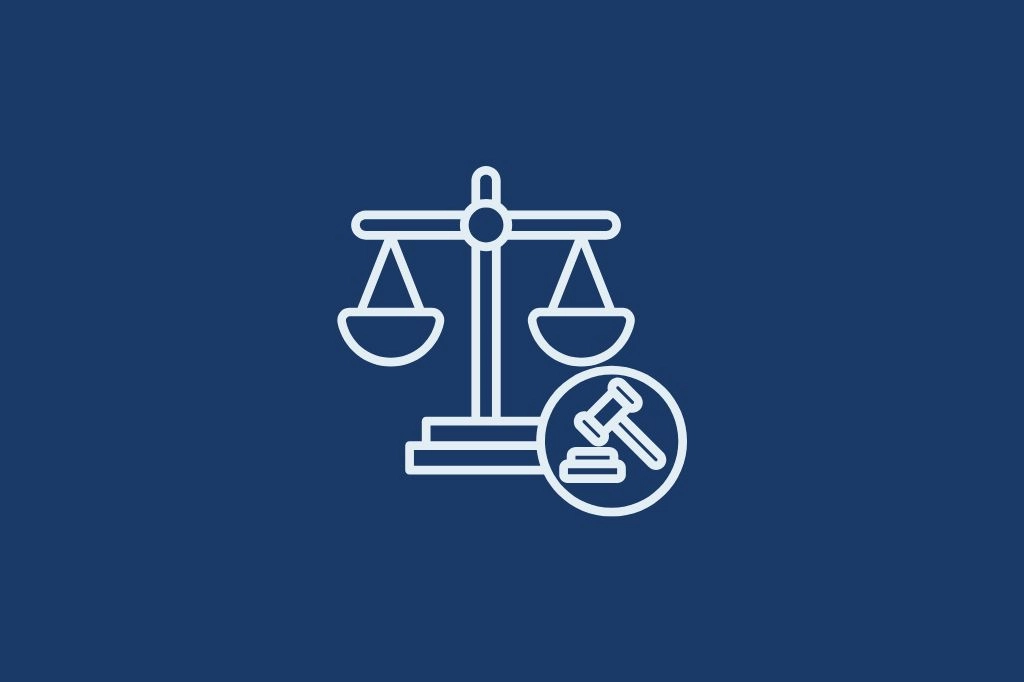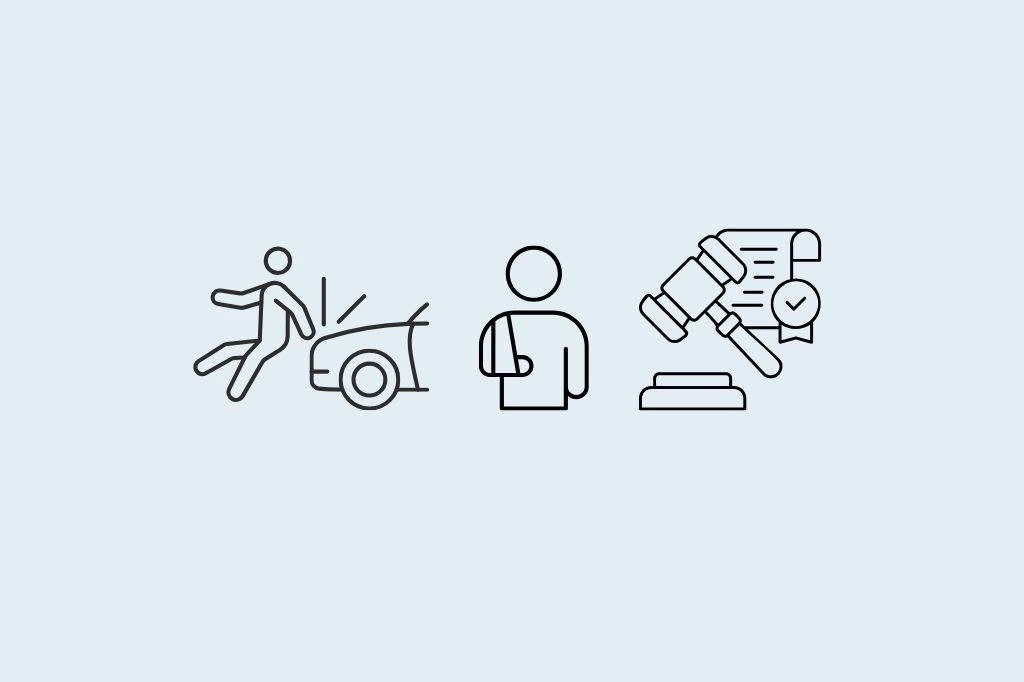Preszler Law Blog

accident benefits
|
December 24, 2025
Ontario Tort Claims Explained: What They Are and How They Work
Tort claims are one of the most common ways injured people in Ontario seek compensation after an accident. While negligence claims make up the majority…

pedestrian accident
|
December 24, 2025
Pedestrian Accident Injuries in Ontario: Benefits, Lawsuits, and Legal Rights Explained
Pedestrian accidents are among the most serious types of motor vehicle collisions in Ontario. When a car, truck, or other vehicle strikes someone on foot,…

truck accident
|
December 19, 2025
Everything You Need To Know About Truck Accident Claims In Ontario
Motor vehicle accidents involving large commercial trucks can cause life-changing injuries. In a single moment, you may be facing hospital visits, time away from work,…

rideshare accident
|
December 19, 2025
What To Do After A Rideshare Accident In Toronto
If you were injured in an accident involving an Uber, Lyft, Hopp, or other rideshare vehicle in Toronto, you are not alone. Ridesharing has become…

personal injury
|
November 13, 2025
Pain and Suffering Damages Calculator for Ontario (2025): Thresholds and Deductible Explained
In Ontario, pain and suffering damages (also known as non-pecuniary or general damages) compensate for human losses that don’t appear on a tangible bill. For…

institutional abuse
|
September 5, 2025
Were You Abused by an Ontario Catholic Diocese Employee?
Sexual, physical, and psychological abuse happened at the hands of some ordained and lay staff of Roman Catholic Church and church-affiliated community organizations (such as…

car accident
|
July 21, 2025
Toronto Hit and Run
A hit and run accident in Toronto happens when a driver causes a crash and leaves the scene without stopping to provide information or help…

news
|
May 29, 2025
Smoking in Canada: The Territories That Have the Most and Least Smokers and the Effect This Has on the Public Healthcare System
New Brunswick Has Highest Smoking Rate in Canada, Study Reveals New Brunswick leads Canada with a smoking rate of 15.8%, exceeding the national average of…
Speak With Our
Legal Team for FREE
Find Out if You Have a Case in Under 5 Minutes
Speak to a Lawyer Now!
We’re here to help.

